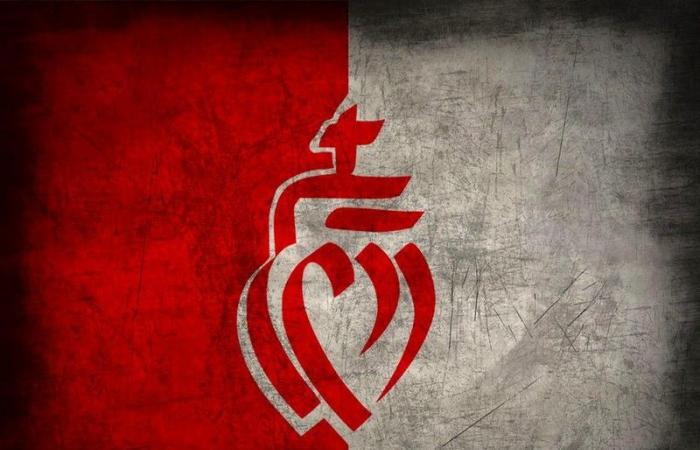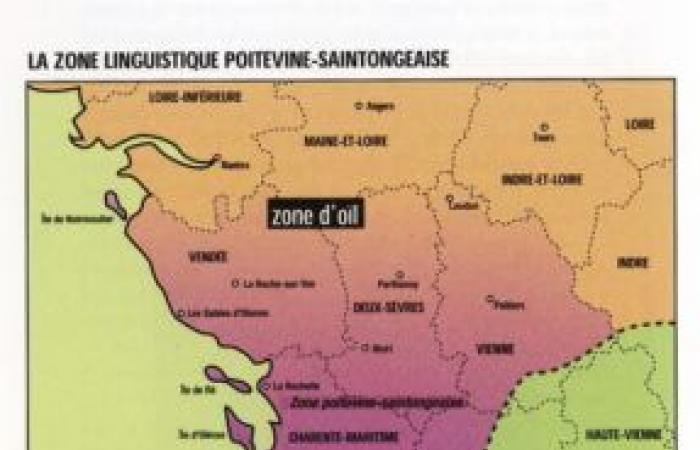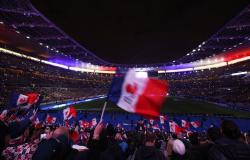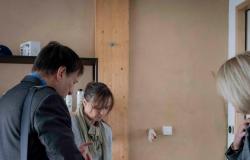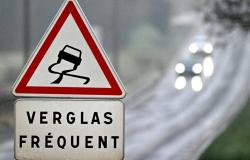“During the Revolution, the provinces became departments, Vendée is the only department to become a province”the adage clearly shows the emergence of a Vendée identity (which is, initially, only the name of a river crossing the territory) specific from the episode of the Vendée wars and the massacres which took place. are followed.
This does not prevent the fact that, linguistically and historically speaking, Vendée corresponds to the former Bas-Poitou, that is to say a part of the vast Poitou which covers, in addition to current Vendée, Deux-Sèvres, Vienne, the part northeast of Charente-Maritime, north of Charente and west of Haute-Vienne. A linguistically homogeneous group where the vernacular language is Poitevin, “parlanjhe” in the local version, Poitou is generally linked, in terms of language, to Saintonges, the two provinces constituting a linguistic territory called “Poitevin-Saintongeais” which is extends to the gates of Bordeaux!
To the north, two or three communes of the Breton Pays de Retz are also Poitevin-speaking.
In terms of institutional recognition, Poitevin-Saintongeais suffers from a certain delay compared to the “major” regional languages, such as Breton or Corsican, but municipalities still put it forward, like here in Gençay, in Vienne. .
At the media level, Poitevin-Saintongeais benefits from the dynamism of the actor and singer Yannick Jaulin who has succeeded in making his mother tongue known beyond the limits of Poitou, in particular thanks to his show “My mother tongue is going to die and I have to hard to talk to you about love.
In Vendée, in Venansault, a town of 4,700 inhabitants near La Roche-sur-Yon, on November 21, one of these “pockets of resistance” that Yannick Jaulin speaks of will be trained at the “L’Entre-deux” bar-restaurant. with a “Poitevin after-work” where the “La Soulère” association organizes a “parlanjhe bistro” around the tireless activist Michel Gautier. Discussions start at 6 p.m.!
Throughout France, initiatives of this type are multiplying. Tired of globalization and suburban subculture, territories are reconnecting with their original languages and traditions. In Brittany, the fight for Breton (“brezhoneg” in the original version) is well established and known but its often artificial aspect in Upper Brittany (a large part of which has never spoken Breton) is now counterbalanced by the emergence of awareness around Gallo, the local language long left aside.
Photo credit: Gençay Town Hall
[cc] Breizh-info.com2024, dispatches free to copy and distribute subject to mention and link to the original source

